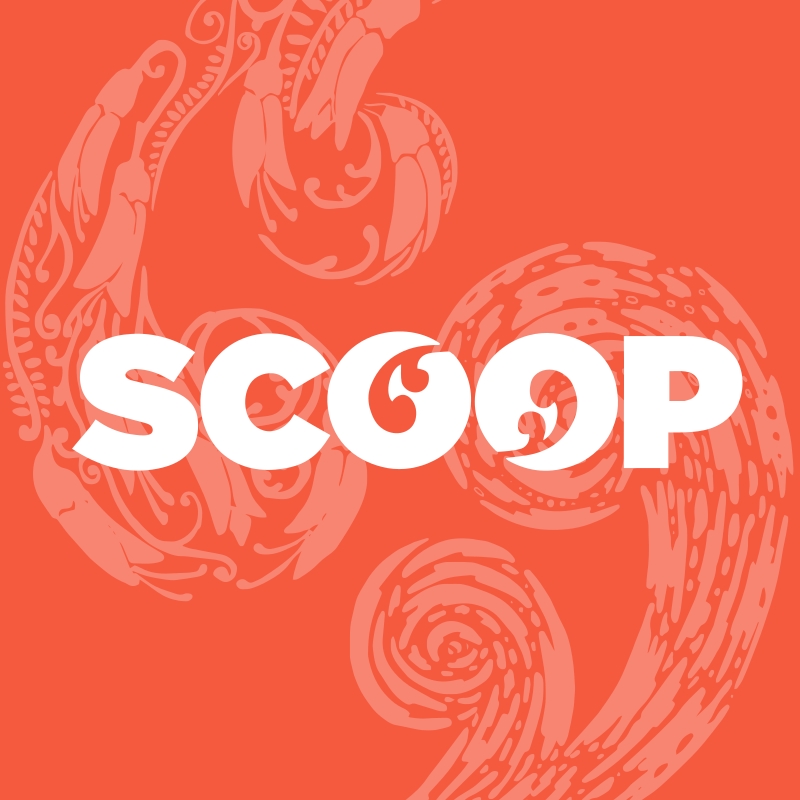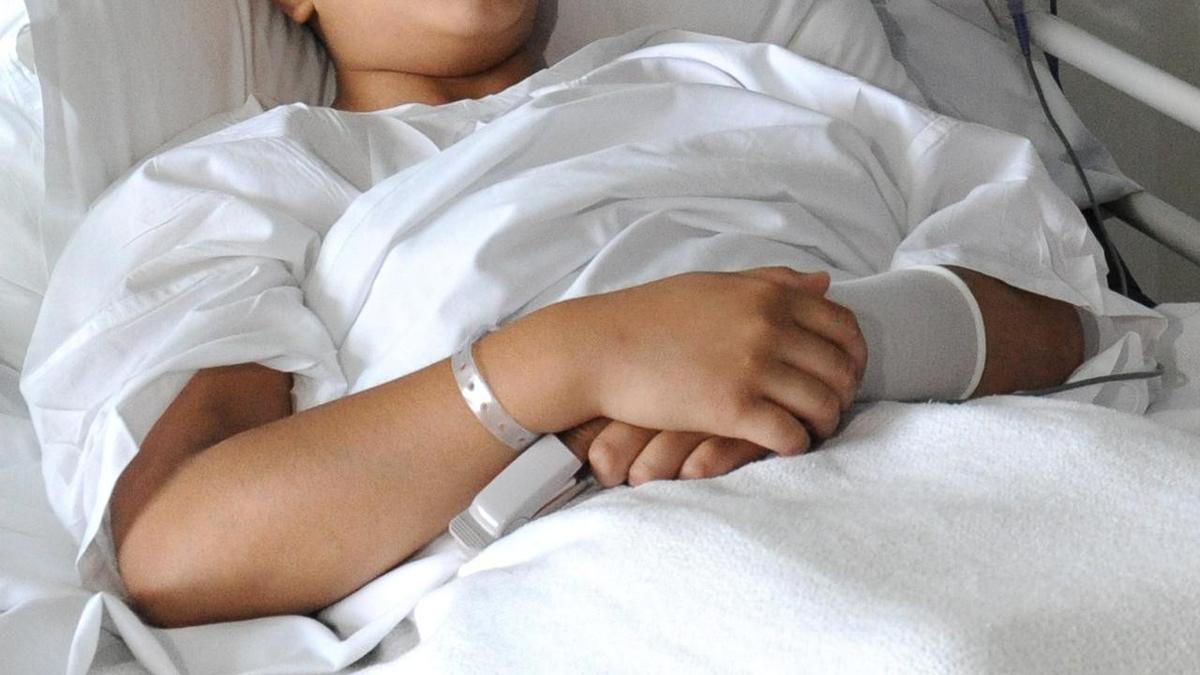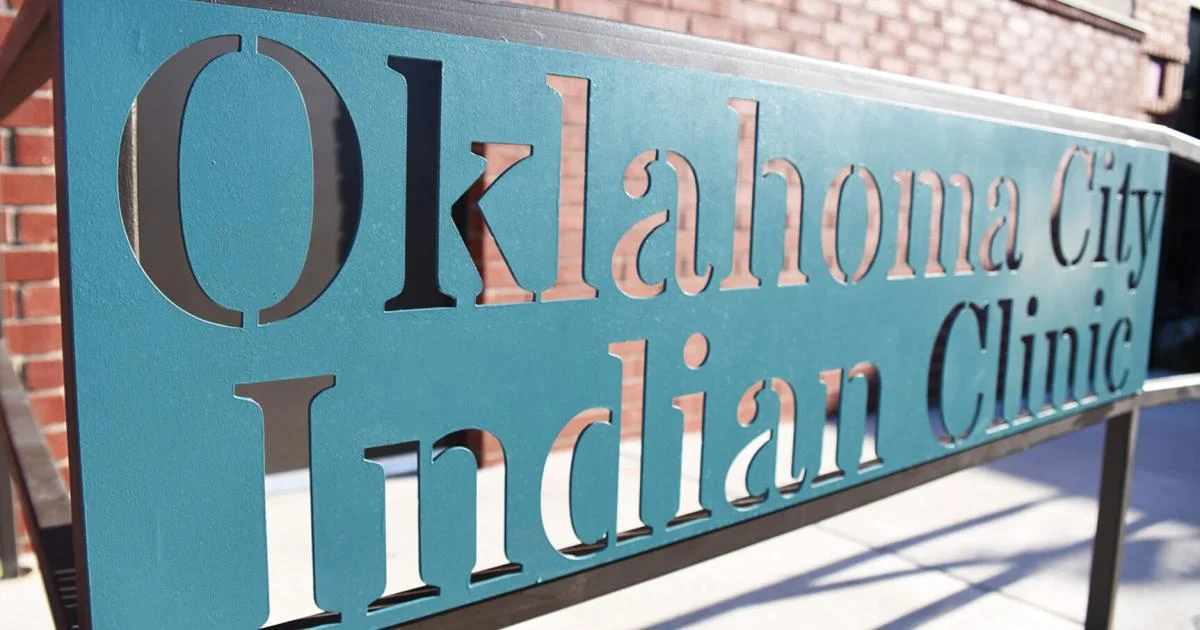Copyright scoop

The updated 5-year results of an international study may represent a major advancement for the hundreds of Kiwi women diagnosed with breast cancer every year, with patient advocates now calling for expanded access to treatment.[1][2] New Zealand has one of the highest rates of breast cancer in the world, with around 3,500 women diagnosed annually. The disease affects one in nine New Zealand women during their lifetime, a rate among the highest in the OECD, and remains the leading cause of cancer death for women under 65. Wahine Maori and Pacific women with breast cancer experience almost two-fold greater mortality compared to non-Maori non-Pacific women.[3][4][5][6][7] The most common subtype, contributing to almost three-quarters (74%) of all New Zealand diagnoses, or approximately 2,600 women per year, is known as ‘Hormone Receptor positive/'human epidermal growth factor receptor-type 2' negative’.[8] Although many patients initially respond to therapy, this subtype carries a notable risk of recurrence, often manifesting as metastatic disease that is difficult to treat, highlighting the critical need for therapies that can prevent relapse.[9] study results have found ribociclib (Kisqali), which is publicly funded in NZ for those with HR-positive, HER2-negative locally advanced or metastatic breast cancer, can also significantly reduce the risk of recurrence in women with early-stage (Stage II and III) breast cancer, offering patients a greater chance of living breast cancer-free.[10][11] The study found a 28% reduction in risk of recurrence when combined with standard endocrine therapy in an early breast cancer population (stage II and III), marking an important advance in the treatment of early breast cancer.[12][13] Notably Kisqali showed a consistent and clinically meaningful benefit across both lymph node positive and negative disease, meaning it helped women whether or not their cancer had begun to spread. The results are significant as lymph node involvement is one of the strongest indicators of how likely breast cancer is to Researchers presented the findings at the current European Society for Medical Oncology (ESMO) Congress 2025 over the weekend, and they are especially relevant during Breast Cancer Awareness Month, where the focus is on improving outcomes for women facing the most common cancer in New Zealand.[14][15] While currently publicly funded for one form of breast cancer, Kisqali is also under assessment by Pharmac for expanded access to patients with earlier-stage disease, as is already the case in several countries worldwide, including Australia and the UK.[16][17][18] Around 900 people with high-risk early-stage (N2) breast cancer would be expected to benefit from this treatment in the first five years if funding were approved.[19] Ah-Leen Rayner, chief executive of Breast Cancer Foundation NZ, says despite last year’s historic uplift, Pharmac has received very little additional funding in 2025, leaving a critical gap that risks delaying access to vital medicines. Rayner says the research shows that for women with the most common type of breast cancer, around a quarter of women with stage II & III could avoid having their cancer return if they can access treatment like this early. “The study shows that early intervention can stop hundreds of women from reaching the stage of incurable disease. Without access, more families could face metastatic breast cancer that could have been prevented”. “For too long, our health system has funded medicines only once cancer has spread, when treatment becomes about prolonging life rather than saving it. These results make it impossible to ignore the need for earlier access to these therapies”. “New Zealand women deserve the same chance to live cancer-free as those in countries like Australia, where this type of treatment is already available for earlier-stage patients.” Adjuvant ribociclib plus nonsteroidal aromatase inhibitor therapy in patients with HR-positive/HER2-negative early breast cancer: 5-year follow-up of NATALEE efficacy outcomes and updated overall survival? Crown, J. et al. ESMO Open, Volume 0, Issue 0, 105858 https://www.esmoopen.com/article/S2059-7029(25)01727-2/fulltext October 2025). [2] Crown J, Stroyakovskii D, Yardley DA, et al. Adjuvant Ribociclib Plus Nonsteroidal Aromatase Inhibitor Therapy in Patients With HR+/HER2- Early Breast Cancer: NATALEE 5-Year Outcomes. Presented at the European Society for Medical Oncology (ESMO) Congress; October 17-21, 2025; Berlin, Germany. [3] Female breast cancer rate :: Te Aho o Te Kahu - Cancer Control Agency. (n.d.). https://teaho.govt.nz/index.php/reports-and-numbers/what-happening-over-time/female-breast-cancer. (Accessed October 2025). [4] Register Report 2003-2020 • Breast Cancer Foundation National Register. (n.d.). https://breastcancerregister.org.nz/latest-research/register-report-2003-2020. (Accessed October 2025) [5] Ang E, Han DY, Wilson S. Survival Outcomes and Care Equity among Patients with Advanced Breast Cancer in Auckland, New Zealand. J Cancer Epidemiol. 2022 Nov 7;2022:7116040. doi: 10.1155/2022/7116040. PMID: 36386448; PMCID: PMC9663241. (Accessed October 2025). [6] Boyle, L., Lawrenson, R., Ronald, M., Campbell, I., Nosa, V., & Tin, S. T. (2024). Ethnic differences in time to surgery for women with early stage breast cancer in Aotearoa/New Zealand: a population-based study. The Lancet Regional Health - Western Pacific, 47, 101091. https://doi.org/10.1016/j.lanwpc.2024.101091 Kim J, Harper A, McCormack V, Sung H, Houssami N, Morgan E, Mutebi M, Garvey G, Soerjomataram I, Fidler-Benaoudia MM. Global patterns and trends in breast cancer incidence and mortality across 185 countries. Nat Med. 2025 Apr;31(4):1154-1162. doi: 10.1038/s41591-025-03502-3. Epub 2025 Feb 24. PMID: 39994475. (Accessed October [8] NZ’s progress in tackling breast cancer. (n.d.). https://www.breastcancerfoundation.org.nz/what-we-do/advocacy/2022-register-report-launch. (Accessed October 2025). [9] Salvo EM, Ramirez AO, Cueto J, Law EH, Situ A, Cameron C, Samjoo IA. Risk of recurrence among patients with HR-positive, HER2-negative, early breast cancer receiving adjuvant endocrine therapy: A systematic review and meta-analysis. Breast. 2021 Jun;57:5-17. doi: 10.1016/j.breast.2021.02.009. Epub 2021 Feb 20. PMID: 33677313; PMCID: PMC8089079. Adjuvant ribociclib plus nonsteroidal aromatase inhibitor therapy in patients with HR-positive/HER2-negative early breast cancer: 5-year follow-up of NATALEE efficacy outcomes and updated overall survival? Crown, J. et al. ESMO Open, Volume 0, Issue 0, 105858 https://www.esmoopen.com/article/S2059-7029(25)01727-2/fulltext October 2025). [11] Crown J, Stroyakovskii D, Yardley DA, et al. Adjuvant Ribociclib Plus Nonsteroidal Aromatase Inhibitor Therapy in Patients With HR+/HER2- Early Breast Cancer: NATALEE 5-Year Outcomes. Presented at the European Society for Medical Oncology (ESMO) Congress; October 17-21, 2025; Berlin, Germany. [12] Adjuvant ribociclib plus nonsteroidal aromatase inhibitor therapy in patients with HR-positive/HER2-negative early breast cancer: 5-year follow-up of NATALEE efficacy outcomes and updated overall survival? Crown, J. et al. ESMO Open, Volume 0, Issue 0, 105858 https://www.esmoopen.com/article/S2059-7029(25)01727-2/fulltext October 2025). [13] Crown J, Stroyakovskii D, Yardley DA, et al. Adjuvant Ribociclib Plus Nonsteroidal Aromatase Inhibitor Therapy in Patients With HR+/HER2- Early Breast Cancer: NATALEE 5-Year Outcomes. Presented at the European Society for Medical Oncology (ESMO) Congress; October 17-21, 2025; Berlin, Germany. [14] Adjuvant ribociclib plus nonsteroidal aromatase inhibitor therapy in patients with HR-positive/HER2-negative early breast cancer: 5-year follow-up of NATALEE efficacy outcomes and updated overall survival? Crown, J. et al. ESMO Open, Volume 0, Issue 0, 105858 https://www.esmoopen.com/article/S2059-7029(25)01727-2/fulltext October 2025). [15] Crown J, Stroyakovskii D, Yardley DA, et al. Adjuvant Ribociclib Plus Nonsteroidal Aromatase Inhibitor Therapy in Patients With HR+/HER2- Early Breast Cancer: NATALEE 5-Year Outcomes. Presented at the European Society for Medical Oncology (ESMO) Congress; October 17-21, 2025; Berlin, Germany. [16] Proposal: P-002102. (n.d.). https://connect.pharmac.govt.nz/apptracker/s/application-public/a10OZ0000035OBF/p002102. (Accessed October 2025). [17] Australian Government Department of Health, Disability and Ageing. (n.d.). Pharmaceutical Benefits Scheme (PBS) |. https://www.pbs.gov.au/medicine/item/11385f-11386g-11397w Thousands more breast cancer patients to benefit from new NHS treatment. (2025, July 17). NICE Website: The National Institute for Health and Care Excellence. https://www.nice.org.uk/news/articles/thousands-more-breast-cancer-patients-to-benefit-from-new-nhs-treatment NZ’s progress in tackling breast cancer. (n.d.). https://www.breastcancerfoundation.org.nz/what-we-do/advocacy/2022-register-report-launch. (Accessed October © Scoop Media



